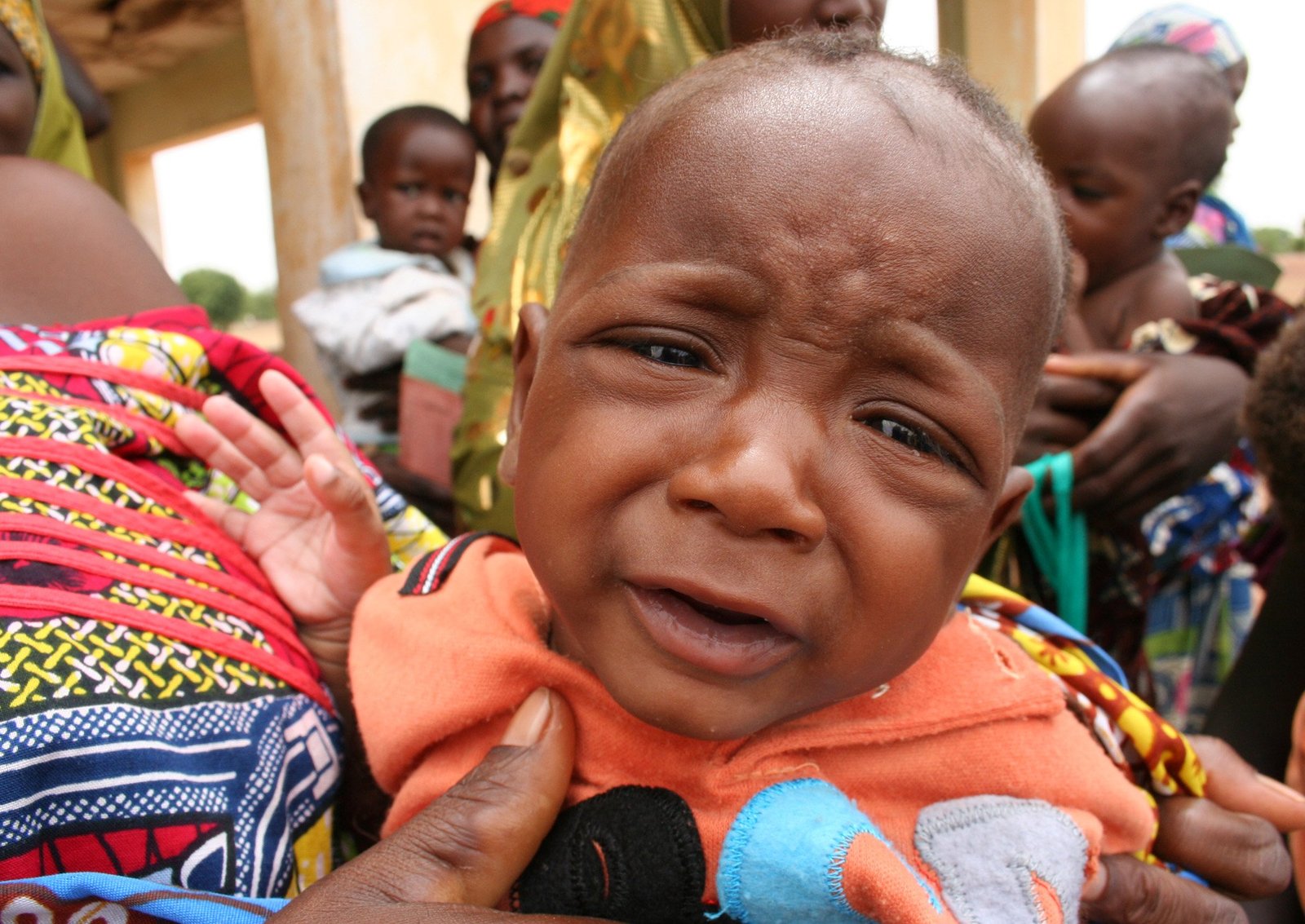As a gloomy picture of Nigeria emerges with the Global Hunger Index ranking the country 20 among the most hungry nations in the World, the Labour Party (LP) National Leader Leader and 2023 presidential candidate, Mr. Peter Obi, has revisited his main campaign message of promoting production as a way out of the nation’s socio-economic challenges.
In a message to mark World Food Day, Obi expressed disappointment at the bleak picture of the socio-economic situation in Nigeria expressed in the Global Hunger Index ranking, stating that the situation calls for urgent actions by governments to redress it.
“In August 2024, it was reported that more than 31.8 million Nigerians were acutely short of food due to security challenges and the removal of fuel subsidies,” he recalled, adding that 15.6 million children in Nigeria were also reported to be facing hunger.
“The United Nations predicted that 82 million Nigerians may go hungry by 2030 if the government fails to tackle the menace of food insecurity.
“(Now) the domestic food inflation in Nigeria remains among the highest globally, with food prices increasing by 37.5% year-on-year as of August 2024,” Obi agonized, pointing out that the World Food Day is a good reminder about the issues of hunger and food insecurity and the need to commit to food security and fight hunger to a standstill.
According to Obi, the observance of the global Food Day is particularly important to Nigeria “where food prices are skyrocketing every day and basic food items are becoming unaffordable to most people”, as it serves to remind leaders of the need to take urgent steps to address the situation.
“Severe hunger has now become an unfortunate member of many households in Nigeria – the once giant of Africa, a nation that has the most arable land in the continent,” the former two-term Governor of Anambra State further lamented.
“Nigeria’s struggle with a food crisis and hunger today is saddening, considering the vast arable lands with which we are endowed as a nation.
“In the past, I used to lament that the majority of Nigerian households spent most of their income on food alone, sparing none for savings and other critical emergencies.
“Today, it is heartbreaking to note that most Nigerian households are no longer able to afford sustenance food with their income.
“Food prices are soaring, food inflation is skyrocketing, the food crisis is worsening by the day, and hunger has graduated to a national crisis.
“In a Food Security Update Report released last week, the World Bank likened Nigeria’s worsening food security crisis to war-torn countries like Yemen, noting that we have a significant rise in the number of people facing acute food shortages and an epidemic of hunger.
“I believe these reports, sad as they are, only paint a lenient picture of the severity of the food crisis and hunger in reality.
“Over the years, I have maintained that moving the country from consumption to production remains the surest way of combating food insecurity and pulling the nation out of the present food crisis.
“I have equally stated, unequivocally, that the greatest asset our nation has are the vast uncultivated lands in the North coupled with our huge demographics.
“Therefore, we must be intentional with our agricultural investments.
“A state like Niger State, which is twice bigger in landmass than the Netherlands (excluding water) can neither feed itself nor feed the nation, while the Netherlands exports over $100 billion worth of agro products annually.
“If we can prioritize investment in agriculture by combating insecurity which has kept farmers away from the farms, and adopting modern ways of mechanized farming, we will be able to combat hunger and achieve food security for the nation.
“A nation booming in productivity, free from hunger, with an abundant food supply remains our commitment to a New more prosperous Nigeria… is possible”.



























